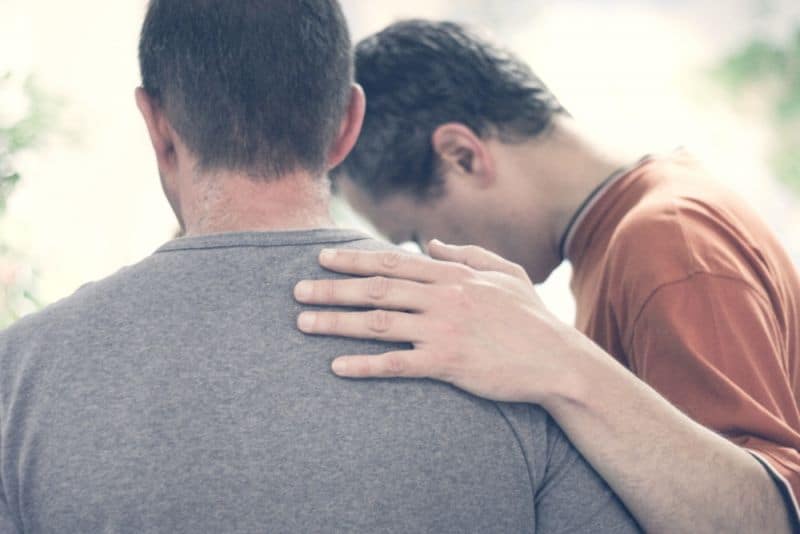Toronto: The level of sex hormones such as testosterone in a man’s body could influence his religiosity, says researchers including one of Indian-origin.
The findings showed that men with higher levels of the sex hormones testosterone and dehydroepiandrosterone (DHEA) in their bodies had weaker religious ties.
“Religion influences a range of cultural and political patterns at the population level. Results from the current study indicate the latter may also have hormonal roots,” said Aniruddha Das of McGill University in Canada’s Quebec.
“There is therefore a need for conceptual models that can accommodate the dynamic interplay of psychosocial and neuroendocrine factors in shaping a person’s life cycle,” he added.
For the study, appearing in the journal Adaptive Human Behavior and Physiology, the team analysed over 1,000 men aged 57-85, including their weight and height, saliva and blood samples.
Participants also completed questionnaires about how often they attended religious services and whether they had a clergy member in their core social network.
The researchers suggest that further studies are needed to understand how hormones shape a person’s religious beliefs in later life.
This is of importance, as religion has been shown to have a positive influence on how people age and ultimately experience their later years.
“Without systematic exploration of these linkages, life course theory remains incomplete and potentially inaccurate,” Das said.
“More research is therefore needed on the reasons why androgen levels influence a person’s religious connections, and on the role that hormones play in structuring the life trajectories of older people,” he noted.
IANS

